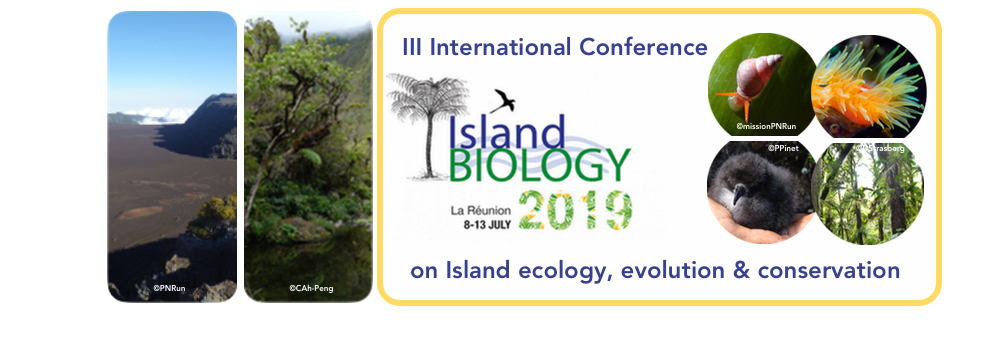Biological invasions by alien species – those transported by human actions to areas in which they do not naturally occur – represent one of the primary ways in which people are changing global biodiversity. Islands appear to be particular hotpots of alien species richness. This has been argued to reflected the greater invasibility of these locations, as a result of differences in how ecological processes such as interspecific interactions, underlying productivity or degree of disturbance act on islands versus continental mainlands. Variation in alien species richness has also been argued to provide insights into the patterns and processes structuring natural assemblages, because alien species are likely to follow some of the same laws as native species but break others. However, biological invasions are a consequence of a combination of factors - human actions, species characteristics, and environmental conditions - and so their study weaves together elements of history, biology, and geography. In this talk, I show why we would expect human actions to be the most important drivers of alien island biogeography, and why a failure to account for these is likely to lead to misleading conclusions about the causes of variation in the distribution and richness of alien species – even the question of whether islands are indeed more invasible than mainlands.

|
|
|
|
The Island Biogeography of Alien Species
1 : University College London
(UCL)
Bloomsbury, Londres WC1H 0AG -
United Kingdom
|
| Online user: 7 | RSS Feed |

|
 PDF version
PDF version